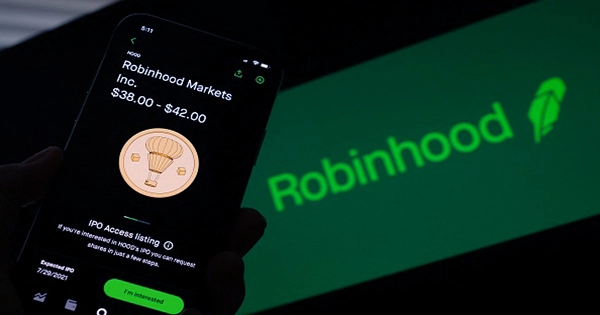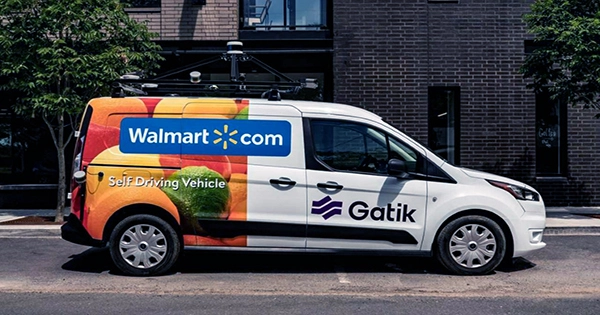Following a challenging first quarter, investment app Robinhood is stepping up new product launches, especially in its cryptocurrency division, in the hopes that they would help the firm recover. At the Permissionless DeFi conference in Florida today, CEO Vlad Tenev revealed the company’s plans to provide non-custodial cryptocurrency wallets, beginning with an open waitlist. As trade volumes have decreased, the market situation has presented issues for the organization. The first quarter of 2018 saw a 43 percent decline in Robinhood’s net revenue to $299 million. Income from cryptocurrency trading fell by 39 percent to $54 million, making up around 18% of the company’s overall revenue up to the end of March.
Since the end of Q1, Robinhood has been actively expanding its cryptocurrency division in an effort to draw customers and increase trading activity. The exchange recently said it will connect with the Bitcoin Lightning Network to facilitate quicker, lower-fee transactions, listed four new currencies, including Solana and Shiba Inu, and provided custodial cryptocurrency wallets to its customers. According to Robinhood CTO Johann Kerbrat, 22 million users currently interact with the company’s cryptocurrency offerings. With a custodial wallet, Robinhood keeps the private key on behalf of the user, allowing them to follow the price of cryptocurrencies while still investing without having access to their cash directly.
Users will be able to access and control their own digital assets, including cryptocurrencies and decentralized apps (dApps), such as NFTs, now that it is introducing a non-custodial wallet, according to Kerbrat. The user-friendly interface and no-fee setup for users are Kerbrat’s two primary points of distinction for Robinhood’s non-custodial wallet, which he said will handle various blockchains. He stated that the deployment will begin at the end of the summer. By the end of 2022, the business wants the wallet to be accessible to all customers worldwide.
Another well-known cryptocurrency exchange, Coinbase, provides both custodial and non-custodial wallets in two distinct applications, the latter of which is called Coinbase Wallet. Although using Coinbase Wallet is free, consumers are still charged for each transaction.
In contrast, Robinhood won’t charge any fees to users of its non-custodial wallet, including network costs for crypto trading and exchanging, according to Kerbrat. The Robinhood non-custodial wallet will function as a stand-alone app, according to Kerbrat, whose official name has not yet been revealed. Customers will have access to DeFi protocols via which they may make a profit on their coins by lending or staking them, in addition to being able to store NFTs in the wallet and acting as a point of connectivity to the decentralized finance (DeFi) ecosystem, according to Kerbrat.
Users won’t have to give the exchange any personal information to create an account unless they opt to link their non-custodial wallet with the Robinhood app, he continued. “We want to confirm that the two goods continue to have a strong bond. You don’t have to utilize Robinhood, but you can if you want an on-ramp or off-ramp from fiat to cryptocurrency, Kerbrat added.
The news made today is intended to encourage dApp developers and protocols to interface with Robinhood’s wallet, according to Kerbrat. “We continue to believe that the complexity of non-custodial wallets, along with the high fees everywhere, is the biggest deterrent for many people from utilizing them. We want to genuinely contribute to understanding what’s happening and interact with dApps, not merely complete a project.
















